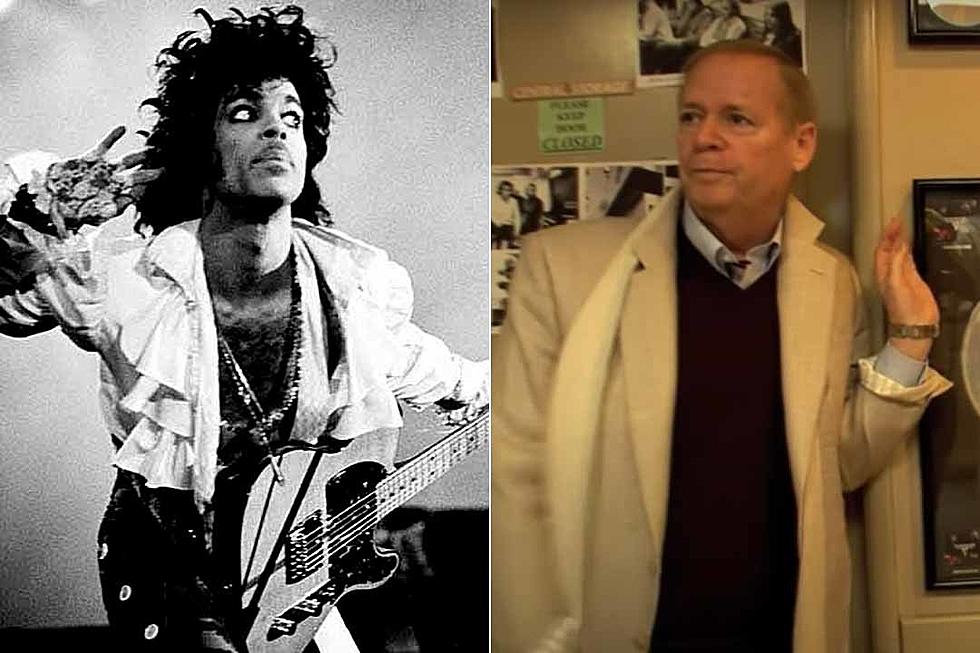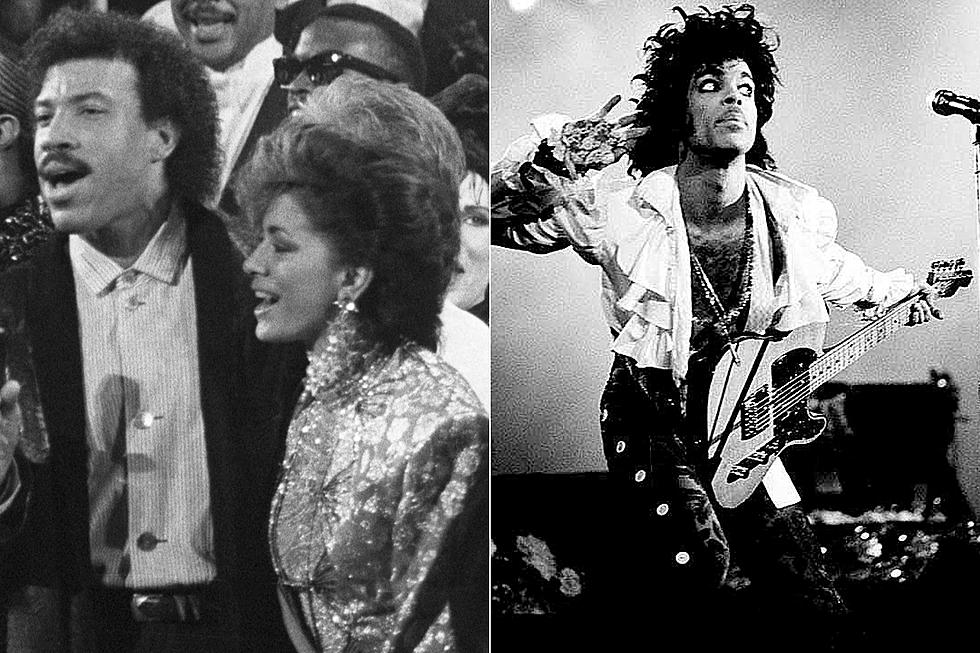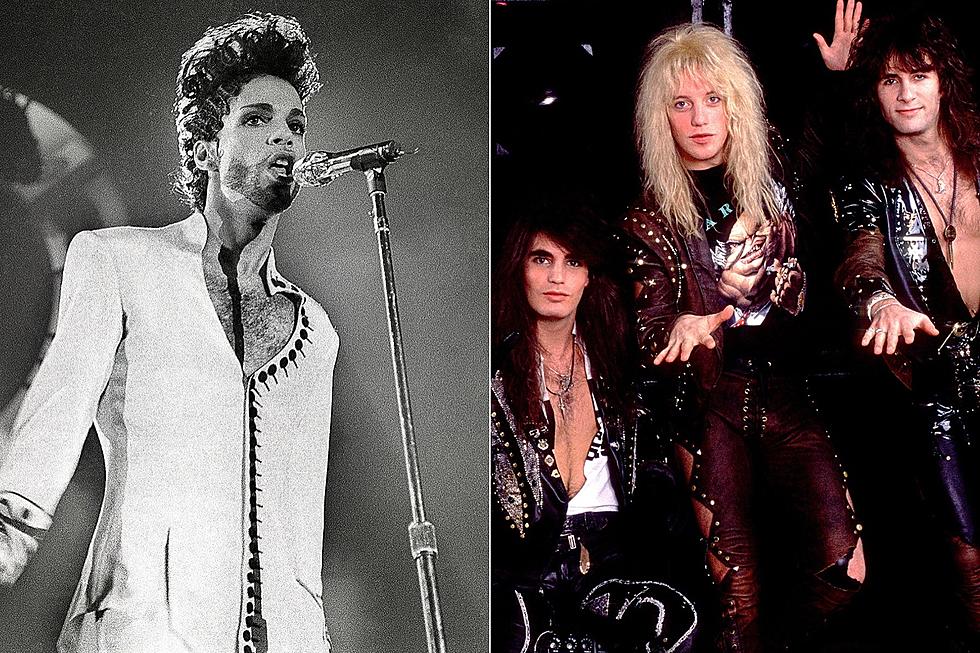
How Producer Ted Templeman Angered Prince
Prince's need for complete artistic freedom was, famously, a part of his music from the beginning. As producer Ted Templeman realized, even suggesting that he cede control was enough to anger Prince something fierce.
In the new autobiography Ted Templeman: A Platinum Producer’s Life in Music, Templeman, who helmed numerous hit records by such acts as the Doobie Brothers and Van Halen while working as a house producer at Warner Bros., met Prince at the label's headquarters in Burbank, Calif. He allowed Prince to use the stereo in his office to listen to mixes, and also showed him how to get in and out of the building via the loading dock so that the famously private star wouldn't be seen.
After Prince had broken through to the mainstream with 1999, he found Templeman in his office and asked him for some advice. Seeing how successful Michael Jackson had become with Thriller, the worried-looking Prince said, "I have to find a way to knock Michael out of the No. 1 spot."
Templeman suggested borrowing Jackson's co-producer, Quincy Jones.
"His eyes got wide, his face turned red," Templeman recalled. "He sprang out of his seat and, for a second, I thought he might hit me. I wasn't much worried about that, though, because Prince was about as slightly built as any guy I'd ever met, but still, he'd become unglued."
Prince screamed that he produces himself, but Templeman told him that "Quincy had his finger on the pulse of the R&B and pop marketplace, and so he was the exact right guy to produce his next record. I couldn't believe this idea had set him off, because I honestly thought Quincy and Prince would've made a dream team."
The explanation failed to assuage Prince, and he was still yelling as he left the room. Templeman noted that Prince's next album, Purple Rain, didn't need Quincy Jones' help to get to the top.
Unbeknownst to Prince, Templeman had been part of Warner Bros.' decision to sign him. Despite the strength of his demos, the label wasn't ready to let the unproven teenager produce himself. So the label offered Prince some studio time, while Templeman and Lenny Waronker, the head of A&R for Warner Bros., donned janitors' outfits and pretended to work while listening to what Prince was creating.
"You could not only tell there was talent, but there was a vision," Waronker later said. "He went out and played guitar, then overdubbed drums. By the time the drum part was recorded, it was clear. We didn't want to insult him by making him go through the whole process, but he wanted to finish."
Prince Albums Ranked
More From Ultimate Prince









